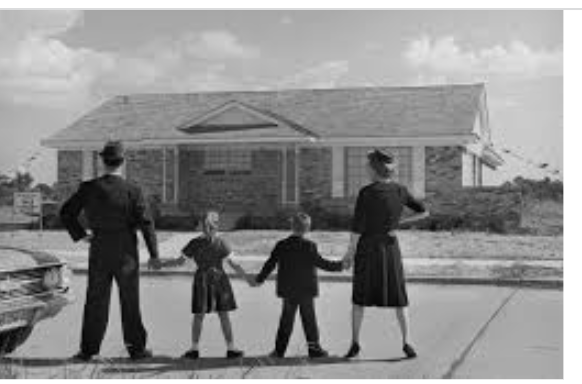Faulty Towers*
/home sweet home
The reason is supply and demand, naturally, and the author illustrates the various trade offs we might make to affect limited supply, but don’t: environmental, neighborhood character, regulations, etc. He’s not advocating for one change or another, he merely points out the issues. It’s a thought-provoking piece, well worth reading in its entirety.
The First Lesson of Politics
Having established the inevitable trade-offs that exist in a world of scarcity, the question then becomes why haven’t we figured out a better trade-off yet. Surely the status-quo isn’t our best option, is it?
The answer has to do with the nature of the political system. “The first lesson of economics is scarcity,” said Sowell. “There is never enough of anything to satisfy all those who want it. The first lesson of politics is to disregard the first lesson of economics.”
The fact of the matter is, politicians hate acknowledging trade-offs, and as a result, they spend little time considering them. They want to talk about what they will give people, not about what they will take from them. “We will lower the price of housing” is a winning platform. “We will lower the price of housing by increasing the density of your communities and allowing urban sprawl” is more accurate and balanced, which is precisely why it’s political suicide. Remember, the first lesson of politics is to ignore the trade-offs.
But “facts do not cease to exist because they are ignored,” Aldous Huxley reminds us. “You can avoid reality,” Ayn Rand says, “but you can’t avoid the consequences of avoiding reality.”
In other words, trade-offs still exist, whether we want to acknowledge them or not.
*Yes, I know the name of the show, I’m just reversing the original pun

